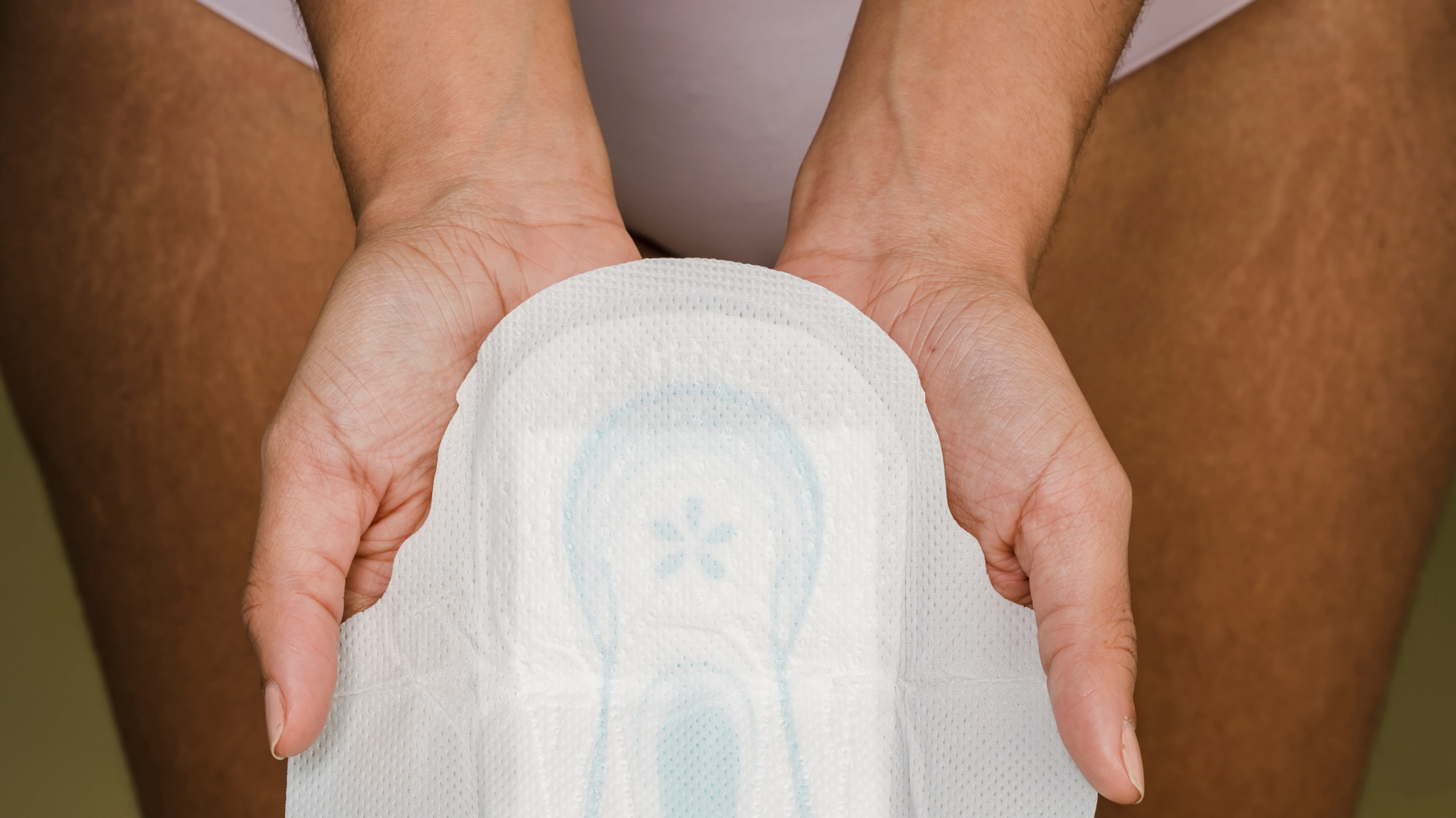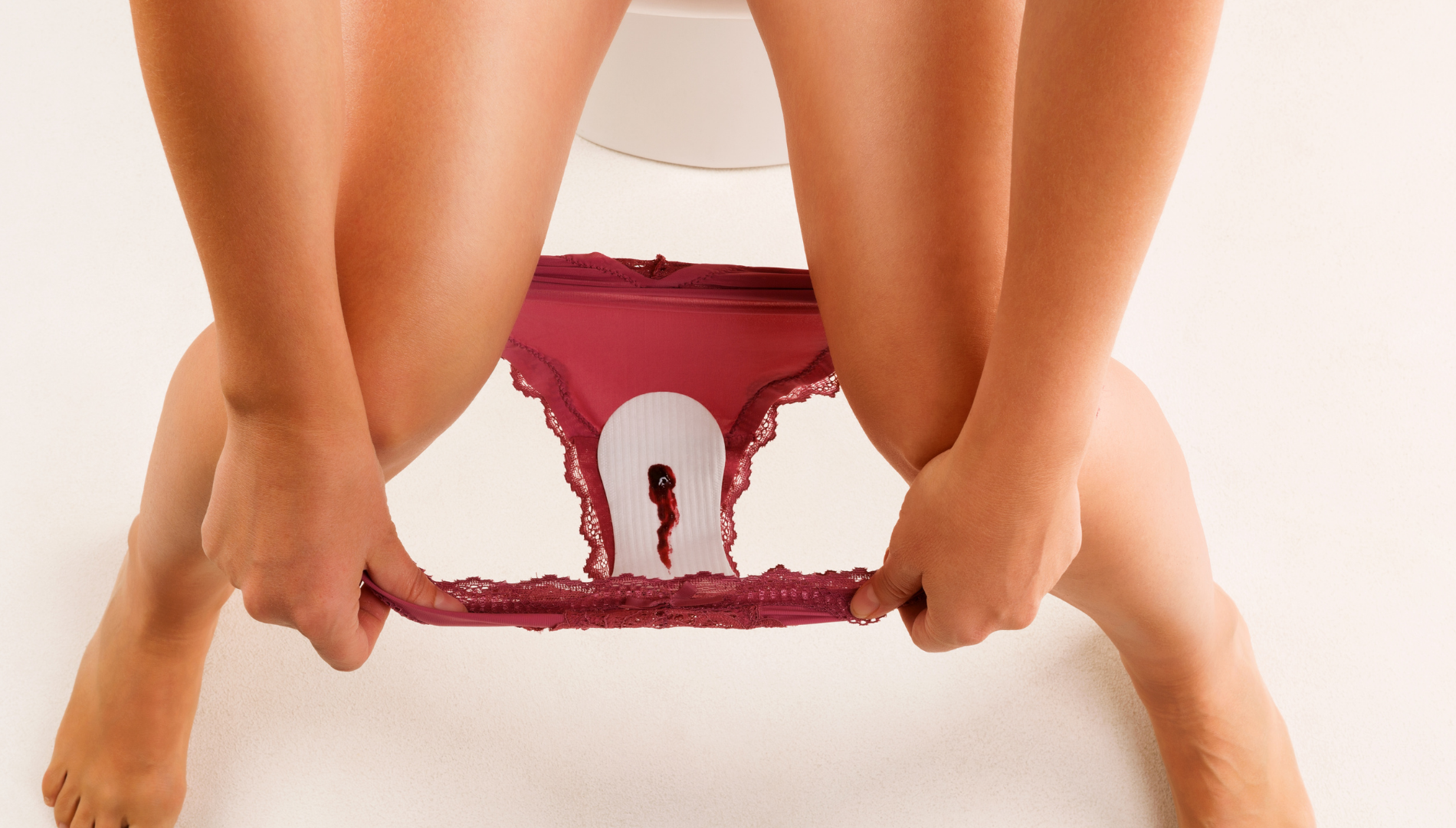Here's the uncomfortable question we're tackling today: can period pads cause urinary tract infections (UTIs)? The short answer? Not directly. But before you breathe a sigh of relief, there’s a lot more to unpack. There's a lot of misinformation floating around about period products and UTIs, and it’s time to separate the myths from the facts.
Spoiler alert: your choice of period pads can contribute to irritation and discomfort, which might pave the way for certain infections. Here’s what you really need to know.
The connection between period pads and UTIs
First things first, sanitary pads don’t cause UTIs on their own. UTIs happen when bacteria (most commonly E. coli) enter the urethra and cause an infection. However, your pad habits could create the perfect conditions for bacteria to thrive.
How pads can play a role
- Prolonged Wear Time: Wearing a pad for too long creates a warm, damp environment. This is a breeding ground for bacteria, including those that could lead to UTIs.
- Plastic and Irritants: Some conventional pads are made with synthetic materials, like plastic, and contain harsh chemicals. These can irritate your vulva and disrupt your natural pH balance, potentially increasing the risk of infection.
- Lack of Breathability: Pads that aren’t breathable can cause excessive sweating, which again creates dampness - a major no-no for vaginal and urinary health.
- Improper Hygiene: Using pads without practising proper hygiene (like washing your hands before changing or ensuring you change often enough) can also raise your risks.
Tips to minimise UTI risks
The good news? You have the power to make simple changes that will help keep infections at bay.
- Change your pad regularly
Never wear a pad for longer than 4–6 hours, even on lighter flow days. This limits moisture buildup and reduces bacterial growth.
- Opt for breathable, irritant-free pads
Swap your synthetic pads for ones with organic cotton topsheets. Unlike conventional pads with plastic liners and chemical additives, our pads are breathable, chemical-free, and gentle on your skin (and your vulva will thank you).
- Practise good hygiene
Always wash your hands before changing your pad. At the very least, ensure you’re using fresh pads and keeping the area clean and dry.
- Wear cotton underwear
Organic cotton knickers are not just comfy - they’re fantastic for breathability.
- Avoid Scented Pads
If your pads smell like they belong in a fancy candle shop, you’re doing it wrong. Scented pads are often packed with fragrances that can be irritating, causing itching, redness, and in some cases, infections.
But the real question is - what are your pads made of?
Here’s the not-so-glamorous truth many brands won’t tell you. Most mainstream sanitary pads are loaded with plastics, artificial fragrances, bleach, and synthetic fibres. These irritants can disrupt your natural balance, leading to bacterial overgrowth, skin irritation, and even yeast infections.
It’s time to ditch the plastic and harsh chemicals because, honestly, your vulva deserves better. Organic cotton pads are free from irritants and allow your skin to breathe properly, reducing the chances of irritation and damp discomfort.
The bottom line
No, sanitary pads themselves don’t directly cause UTIs, but the wrong pads (and poor hygiene) can make you more vulnerable. It’s simple—if you’re living with plastic-lined, chemical-packed pads, it’s time to make the switch.
Take care of your body and prioritise products made with healthy, natural ingredients. Want to give your vulva a break from irritants? Try organic cotton pads that are free from petroleum plastic and chemicals. Your vagina will thank you—and so will your confidence.
Your next step
Make the switch to better period care today. No petroleum plastic. No irritants. No nonsense. It's time to experience the difference and leave irritation (and, hopefully, UTIs!) in the dust.
Blog disclaimer
Our blog is intended to share information and ideas around periods, health, and sustainability. While we do our best to keep content accurate and up to date, things can change over time. The information here is not intended as medical advice — for any health-related concerns, please consult a qualified healthcare professional. For more information on our claims, please see our Claims Page, and for the most up-to-date product information, please visit our Product Pages.





